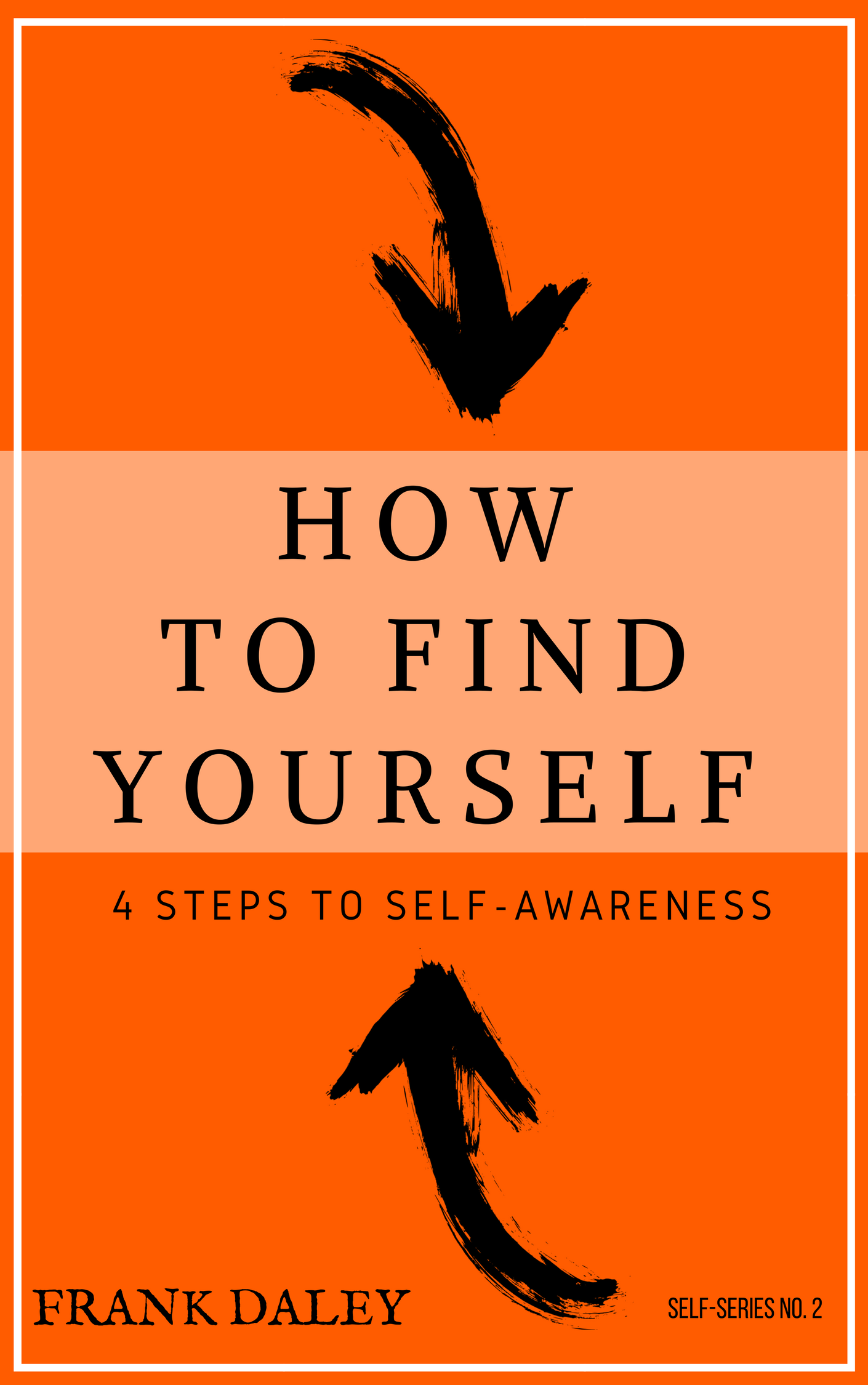The Observing Self: A Tool Essential to Save Ourselves and Our Planet
Do you see yourself as others see you?
One thing to remember is people don’t think much much of you.
I don’t mean they disparage you, I mean they are usually too busy thinking of themselves to think of you (or anybody else).
Are you an agent of change in your life or are you acted upon by life?
This is a minor-league victim posture characterized by people who say things such as
“Well, they did X so I can’t do Y.”
Sometimes that’s true, of course (think of death and taxes), but not always.
Do you move out, “lean in,”go forth, attack life, or do you wait for life to happen to you?
You can’t be on the attack all the time but what if you are never on the attack but always in a defensive posture?
The observing self allows you to examine this profitably.
By: Jane Simon in The Huffington Post.
(This is Part 25 in a series of articles about the “self.”)
When I mention the term “observing self” or “observing ego” most people look at me with a quizzical expression as if such talk should stay in my office. But the “observing self” has broad application in and outside the psychotherapist’s terrain because it can create an awareness of self and a sense of place in the world.
The observing ego, or the split between our experience and our observation of it, allows us to perceive and change.
By contrast, without the observing self, we experience ourselves as “acted upon,” or lacking control, and in the extreme, as a victim, similar to a caged animal.
In short, developing an “observing self” early on and with great effort helps to impart agency. “Agency is not automatic,” the New York Times journalist David Brooks writes. “It has to be given birth to with pushing and effort. It’s not just the confidence and drive to act. It’s having engraved inner criteria to guide action. The agency moment can happen at any age, or never.”
Read full article HERE
If you are not a member, join us.
You can begin by getting my eBook,
FOUR QUESTIONS TO CHANGE YOUR LIFE!
It’s FREE here and will be on Amazon soon for around $3.
You can also get a FREE consultation with me on any problem that might be driving you nuts.
If you have a problem with time management, personal goals, choosing a career path, the inability to choose a life partner (maybe you consistently date the wrong people) or any other troublesome area, you can help solve it with self-knowledge and I can teach you how to do that.
For a 20 minute–FREE— introduction, please email me: daleyfrank0@gmail.com or call me: 647-205-5059
If you feel you suffer from low self-esteem please email me and we can discuss it with regard it self-knowledge.
I’ll be with you.
-Frank
Previous posts:
Part 1: Do you find yourself or create it? And why bother anyway?
Part 2: Searching for yourself? Flying blind? Need a new search party?
Part 3: Be yourself. Everybody else is taken!
Part 4: Self discovery without viagra.
Part 5: Selfish vs Selfless (in women)
Part 6: Selfish. Always wrong?
Part 7: Selfishness, in the family.
Part 8: Singer Sarah Slean knows who she is
Part 9: Whatever you do, don’t be yourself!
Part 10: Self sinks soon. Save yourself!
Part 11: Be yourself, problem-solving
Part 12: Self-regard. Do you ever feel worthless?
Part 13: Be more successful. Know yourself
Part 14: Do self-help books work?
Part 15: Do what you love, but know yourself first
Part 16: Self-discovery: Destroying marriage?
Part 17: Self confidence & insecurity in dating
Part 18: Self-esteem comes with self-knowledge and self-love
Part 19: Time to see a therapist?
Part 20: Settling for the wrong lover?
Part 22: Writing helps self-knowledge
Part 23: Self-esteem: Do you worry?
Part 24: Self-esteem, 2 components
Up next:
Part 26: How much do we change after thirty?
Frank Daley
daleyfrank0@gmail.com
647-205-5059
356 Westridge Drive , Waterloo, Ontario, Canada

